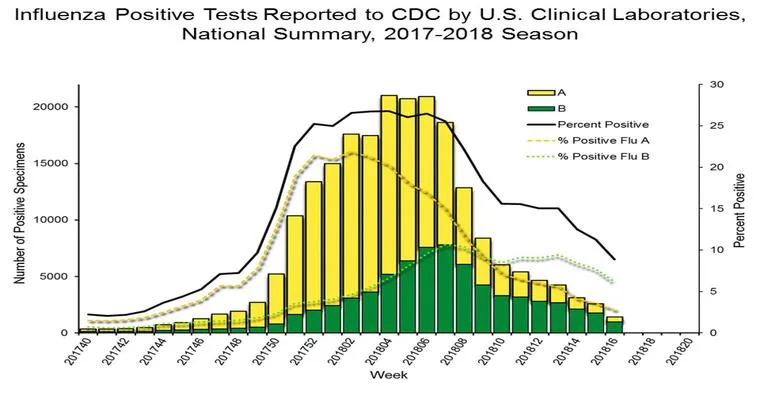As the "2017 flu season" approaches, it is crucial for "caregivers" to be aware of the potential risks and the necessary precautions to protect themselves and those they care for. With the flu virus being highly contagious and capable of causing severe illness, understanding the symptoms, prevention strategies, and treatment options is essential for maintaining health during this critical time.
The "flu", or influenza, can spread rapidly, especially in environments where caregivers work closely with vulnerable populations such as the elderly or individuals with compromised immune systems. Caregivers should prioritize vaccination as the primary method of prevention. The "CDC" recommends that everyone over six months of age receive the flu vaccine each year. Not only does this help protect caregivers, but it also minimizes the risk of transmission to patients.
In addition to vaccination, caregivers should practice good hygiene. This includes frequent handwashing with soap and water, using hand sanitizer when soap is unavailable, and avoiding close contact with individuals who exhibit flu-like symptoms. Caregivers should also be vigilant about cleaning and disinfecting surfaces that are commonly touched, such as doorknobs, light switches, and remote controls.
Recognizing the symptoms of the flu is another vital aspect of caregiver preparedness. Common symptoms include fever, cough, sore throat, body aches, headaches, and fatigue. If a caregiver or a patient exhibits these symptoms, it is important to seek medical advice promptly. Antiviral medications can be most effective when administered early in the course of the illness.
Moreover, caregivers should be aware of the importance of self-care. Managing stress, maintaining a healthy diet, and getting adequate rest can help strengthen the immune system and reduce the likelihood of contracting the flu. Being healthy not only benefits the caregiver but also ensures that they can provide the best care possible to their patients.
Overall, the "2017 flu season" presents a significant challenge for "caregivers". By staying informed, practicing preventive measures, and recognizing the symptoms of the flu, caregivers can play a key role in safeguarding both their health and the health of those they care for. It is essential to remain vigilant and proactive this flu season to ensure a safe and healthy environment for everyone involved.





